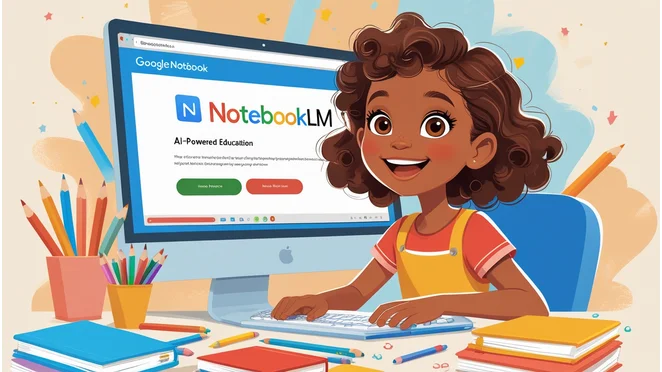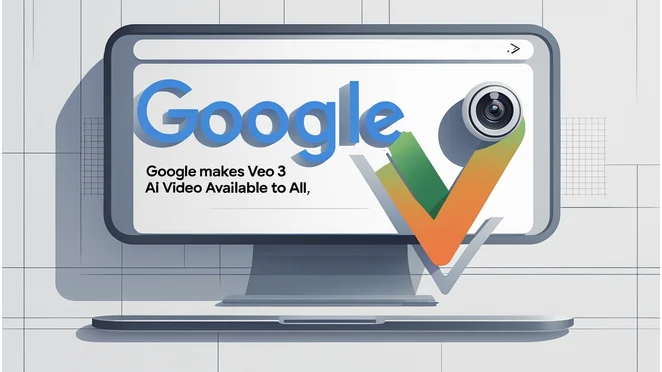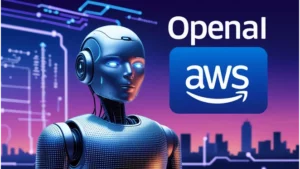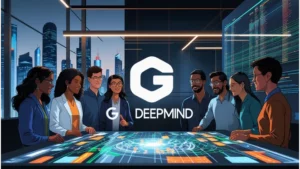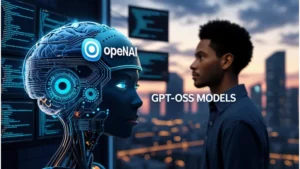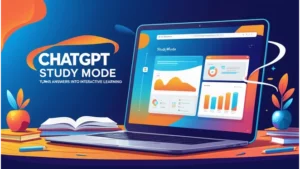OpenAI has released two advanced open-weight language models, GPT-OSS-120B and GPT-OSS-20B, under the Apache 2.0 license. These models are designed to deliver strong reasoning performance at a lower cost while remaining highly efficient for deployment on a wide range of hardware, including consumer devices. GPT-OSS-120B offers near parity with OpenAI’s o4-mini model on core reasoning benchmarks while operating on a single 80GB GPU, while GPT-OSS-20B achieves results comparable to o3-mini and can run on devices with just 16GB of memory, making it suitable for edge computing and rapid prototyping.
Both models excel in tool use, few-shot function calling, chain-of-thought reasoning, and specialized health-related benchmarks, even outperforming some proprietary models. They support instruction following, structured outputs, and flexible reasoning modes, enabling developers to balance performance with speed for various applications. Safety was a priority during development, with extensive alignment training, external expert reviews, and rigorous testing under OpenAI’s Preparedness Framework, ensuring responsible deployment.
The models use a mixture-of-experts architecture optimized for efficiency, activating only a fraction of their parameters per token, and support context lengths up to 128k tokens. They were trained with advanced reinforcement learning techniques and focus on STEM, coding, and general knowledge tasks. OpenAI has also partnered with organizations like AI Sweden, Orange, and Snowflake to explore secure on-premise deployments and fine-tuning on specialized data.
To promote safe open-source innovation, OpenAI is hosting a $500,000 Red Teaming Challenge to uncover potential safety issues and share findings with the broader AI community. The model weights are available for download on Hugging Face, with reference implementations and toolkits to simplify deployment across platforms such as Azure, AWS, and local environments. By releasing these models, OpenAI aims to democratize AI development, foster research, and empower developers worldwide to build and customize AI systems on their own infrastructure.

